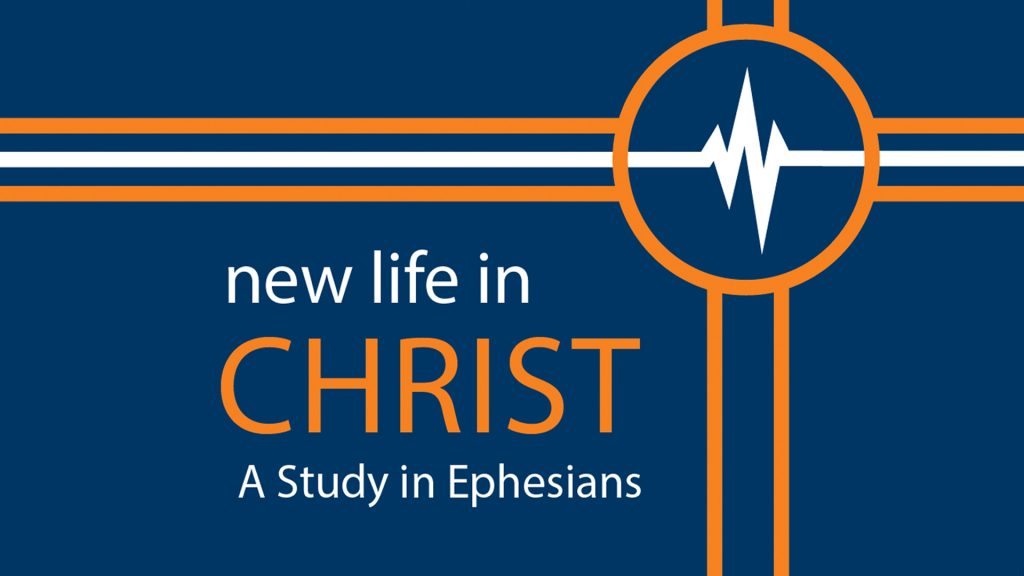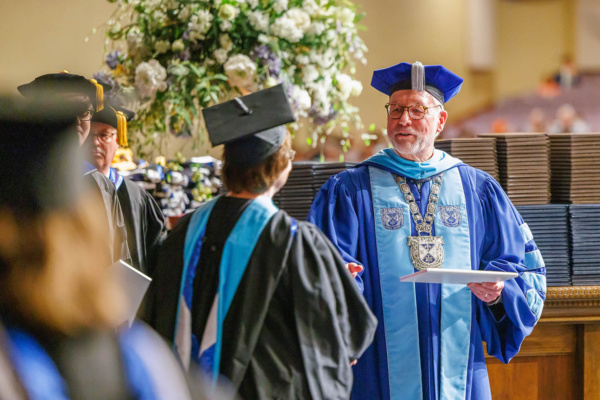Ephesians 4:28 “Let him that stole steal no more: but rather let him labour, working with his hands the thing which is good, that he may have to give to him that needeth.”
“No man liveth for himself; and no man should labour for himself alone, but with the definite object to be able to assist others.” — Charles Hodge
Wealth is a prominent topic in Jesus’ own teaching in the Gospels. Christ extols those, like the Good Samaritan, who give of their possessions to help people in need (Luke 10:33–37). He honors the widow who gave her only mite (Mark 12:42–44). The Gospel writer records the monetary effect of Zacchaeus’s conversion (Luke 19:8). On the other hand, Jesus condemns the rich man who hoarded his riches (Luke 12:15–20), and He throws the moneychangers out of the temple (Matt. 21:12). In other words, money is only temporal, but what we do with it on earth is eternally significant.
In New Testament times, many of the converts to Christianity were slaves, common day-laborers and skilled tradesmen. Life was hard and the pay was low (or nothing at all), especially if someone owned you! Stealing was a norm of pagan society as people tried to survive from day to day. However, Paul reveals that the new life in Christ makes stealing intolerable for believers. Instead, believers should work hard, so that we may have the joy of giving to those in need.
| EPHESIANS 4:28 | PARAPHRASE |
| Let him that stole steal no more: | The thief must steal no longer |
| but rather let him labour, | but instead labor diligently, |
| working with his hands the thing which is good, | accomplishing with his own hands what is good |
| that he may have to give to him that needeth. | in order to have something to share with those in need. |
Paul begins with a negative direction to the thief: stop stealing!
Thievery denies God as the One who meets the needs of His people (Heb. 13:5–6); theft totally disrupts the unity, trust and fellowship of the Christian community. The new, recreated image of God’s righteousness in the life of believers demands that we put away stealing. Not only was theft a sin in the Old Testament (Exod. 20:15; Lev. 19:11; Deut. 5:19), but Paul clearly taught elsewhere in the New Testament that loving one’s neighbor means not stealing from them (Rom. 13:9). We see an example in the life of Zacchaeus—the tax collector who, when he received Christ, was willing to give half of his goods to the poor and repay fourfold those whom he had robbed (Luke 19:8). In contrast is the example of Judas Iscariot, who hypocritically implied that he cared for the poor yet was later discovered to be a thief (John 12:6). Life made new in Christ requires that stealing be stopped so that the body of believers can achieve a higher level of trust and respect.
Paul follows with a positive command that believers work with their hands.
Prior to conversion, the lazy man used theft to make a living. That which was obtained with little effort must now be gained by diligent labor. Paul had made his living by working with his hands as a tentmaker, and so he exhorts his congregations to work with their hands as well (1 Thess. 4:11; 2 Thess. 3:8–9). Our labor should be for the mutual benefit and blessing of all people while providing for the needs of our own lives and families in an honest manner.
Paul ends by explaining one of the primary benefits of work for the believer: that “he may have to give to him that needeth” (Eph. 4:28).
In Acts 20:35 Paul reminds the Ephesian elders of his own lifestyle while he was with them: “I have shewed you all things, how that so labouring ye ought to support the weak, and to remember the words of the Lord Jesus, how he said, It is more blessed to give than to receive.” The purpose of work is not the acquisition of wealth for the fulfillment of the American Dream, but the opportunity to experience the joy of giving to others (1 Tim. 6:17–18). This is Christlikeness. “For ye know the grace of our Lord Jesus Christ, that, though he was rich, yet for your sakes he became poor, that ye through his poverty might be rich” (2 Cor. 8:9).
Consider the impact on the church if God’s people refused to take shortcuts, worked hard and gave generously. An atmosphere of honesty and mutual trust and respect would permeate everything we do, and progress would take place because of diligent work. God’s work would go forward through His people’s support of the needs of the Gospel.
Hear Dr. Pettit’s chapel message on stealing, working and giving:
Join us for chapel every Monday through Thursday at 11 a.m. EST.








